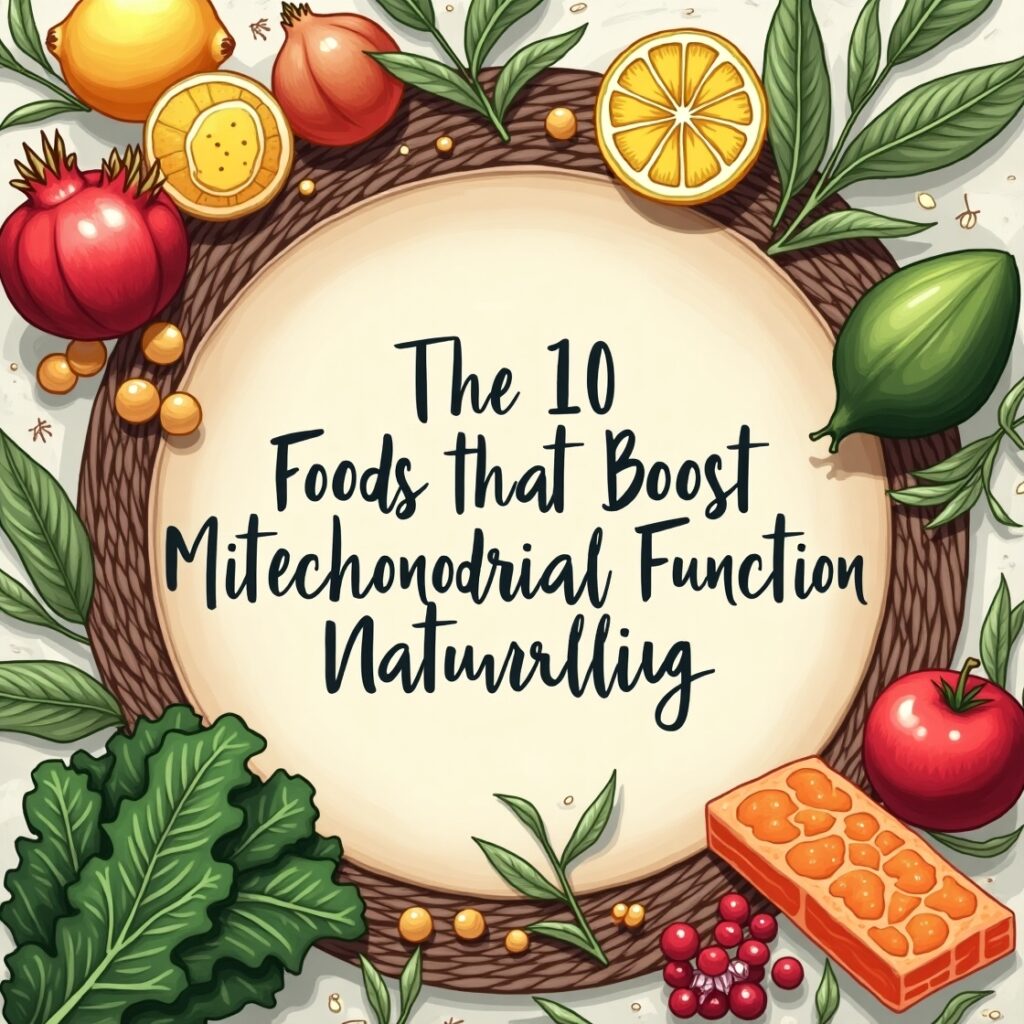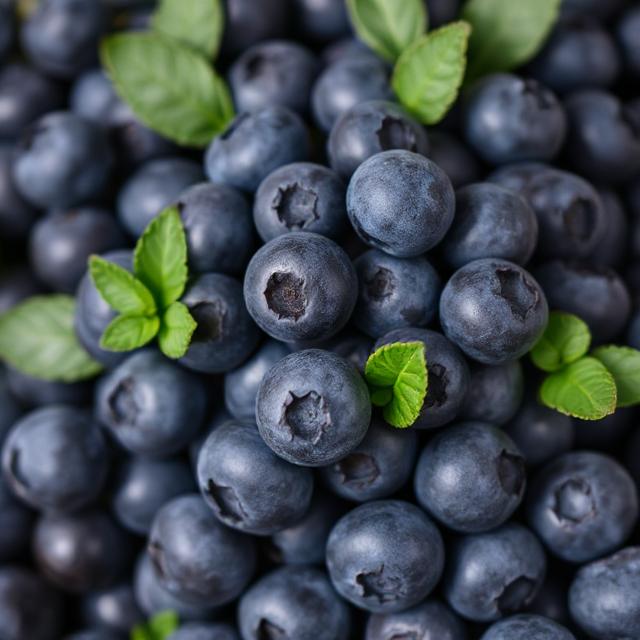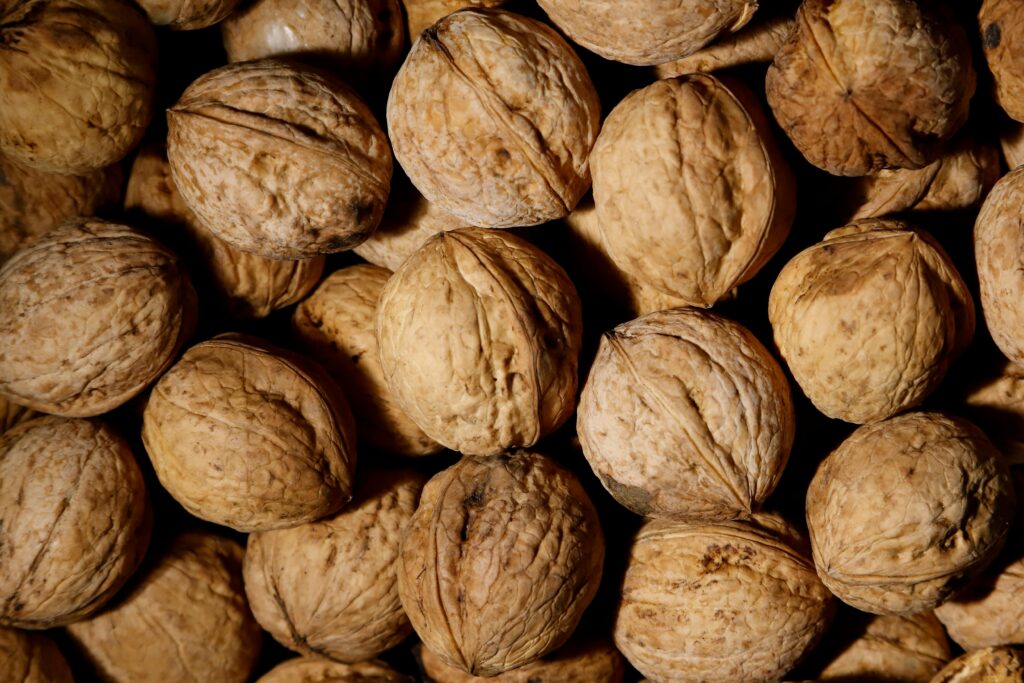
intro
When it comes to energy, focus, and overall vitality, your mitochondria are the unsung heroes. These tiny organelles inside your cells are responsible for converting the food you eat into energy — and when they’re not working properly, it shows. Fatigue, brain fog, slow metabolism, and even premature aging can all be signs of poor mitochondrial function.
The good news? You can support and energize your mitochondria naturally through food. In this post, we’ll explore 10 of the most powerful foods that help your cells produce clean, lasting energy — without relying on stimulants or supplements.
🧬 What Is Mitochondrial Function — and Why Does It Matter?
Mitochondria are often referred to as the “powerhouses of the cell.” Their main role is to produce ATP (adenosine triphosphate), the molecule your body uses for energy.
When mitochondrial function declines (due to age, toxins, poor diet, or lack of exercise), your entire body feels it:
Lower energy levels
Poor brain performance
Muscle weakness
Weaker immune system
Faster aging
The key to optimal mitochondrial health? Nourish your body with foods rich in antioxidants, healthy fats, vitamins, and minerals — which is exactly what the list below will help you do.
🍳 1. Eggs
Eggs are a complete protein and a rich source of choline, a nutrient that supports mitochondrial membrane integrity and fat metabolism. They also contain B vitamins (especially B12 and B2), which are essential for mitochondrial energy production.
👉 How to eat them: Hard-boiled, scrambled in olive oil, or in veggie-packed omelets.

🥬 2. Spinach
Spinach is a leafy green powerhouse, loaded with antioxidants like lutein, zeaxanthin, and alpha-lipoic acid — all of which protect mitochondria from oxidative stress. It’s also high in magnesium, a mineral that helps mitochondria produce energy more efficiently.
👉 Try this: Add to smoothies, sauté with garlic, or use as a base for salads.

🥥 3. Coconut Oil
Coconut oil contains medium-chain triglycerides (MCTs) that are rapidly absorbed and used by mitochondria to create energy. It’s especially helpful for those experiencing brain fog or fatigue.
👉 Use it in: Cooking, coffee (bulletproof-style), or drizzled over roasted vegetables.

🐟 4. Wild-Caught Salmon
Rich in omega-3 fatty acids (EPA and DHA), salmon helps reduce inflammation — which protects mitochondrial function. It also contains CoQ10, a vital nutrient for ATP production.
👉 Best ways to enjoy: Grilled, baked, or pan-seared with lemon and herbs.

🫐 5. Blueberries
Blueberries are packed with polyphenols and anthocyanins, which have been shown in studies to boost mitochondrial biogenesis — the process your body uses to create new mitochondria.
👉 Pro tip: Add to Greek yogurt, oatmeal, or blend into smoothies.

🌰 6. Walnuts
Walnuts are rich in alpha-lipoic acid, vitamin E, and healthy fats, all of which support mitochondrial membranes and reduce oxidative damage. They also contain selenium, which supports cellular repair.
👉 Snack idea: Eat a small handful daily or crush and sprinkle on salads.

🍋 7. Lemons
Lemons are an excellent source of vitamin C, a powerful antioxidant that supports your immune system and protects mitochondria from oxidative stress. Vitamin C also helps regenerate other antioxidants like glutathione and vitamin E.
👉 Daily detox: Start your day with warm lemon water to support liver and mitochondrial health

🍫 8. Dark Chocolate (85% or higher)
Rich in flavonoids, magnesium, and polyphenols, dark chocolate can actually help improve mitochondrial efficiency and reduce oxidative stress. Just make sure it’s low in sugar and high in cocoa.
👉 Smart treat: One small square of 85%+ dark chocolate after meals.

🧄 9. Garlic
Garlic supports mitochondrial function by reducing inflammation and enhancing the production of glutathione, your body’s master antioxidant. It also contains sulfur compounds that boost detoxification.
👉 Cooking tip: Add minced garlic to cooked greens, soups, or roasted meats.

🌿 10. Turmeric
Turmeric contains curcumin, a potent anti-inflammatory compound that has been shown to improve mitochondrial health and reduce oxidative damage at the cellular level.
👉 Best taken with: Black pepper and healthy fat (like olive oil) to enhance absorption.

💡 Bonus Tips to Support Mitochondria (Beyond Food)
While food is foundational, here are a few additional lifestyle tips to support your mitochondria:
Exercise regularly (especially HIIT or strength training)
Get quality sleep
Reduce exposure to toxins
Practice intermittent fasting
Consider mitochondrial-supporting supplements (CoQ10, L-carnitine, Alpha-lipoic acid, etc.)
🔚 Final Thoughts: Feed Your Cells, Fuel Your Life
Your energy levels, brain performance, and even how fast you age are all tied to how well your mitochondria function. The best way to support them? Eat real, nutrient-dense foods that reduce inflammation and support energy production.
Start by adding a few of these mitochondrial-boosting foods to your diet each day — and over time, you’ll likely feel the difference in your energy, mood, and vitality.
📌 Want More Health Tips?
Visit sanyablog.com for more science-backed health guides and natural wellness strategies.


